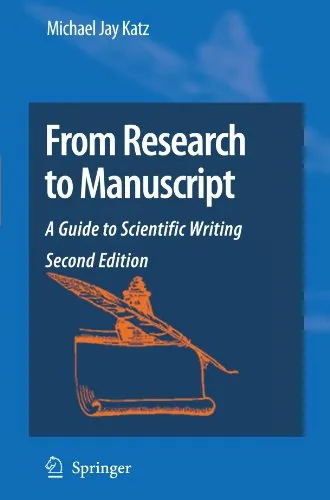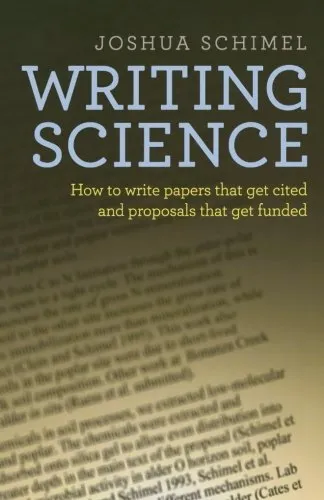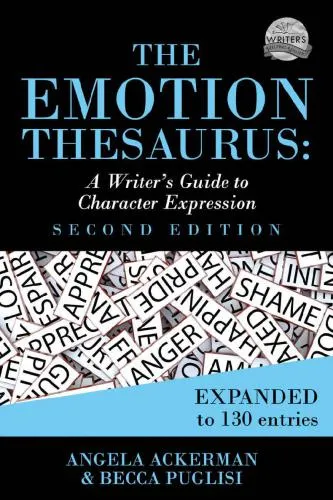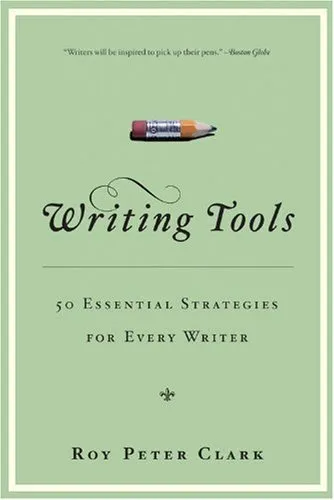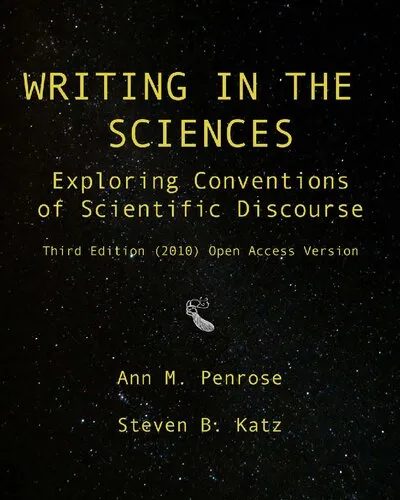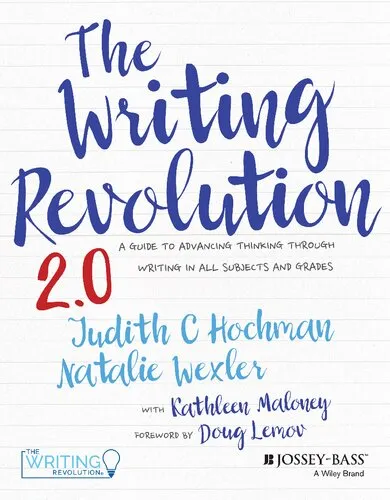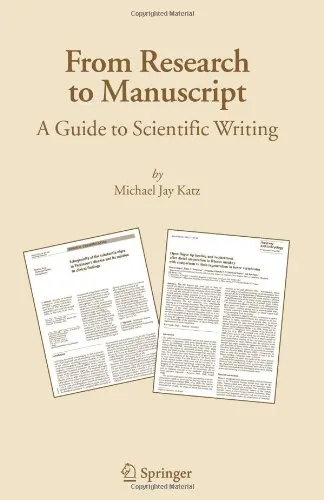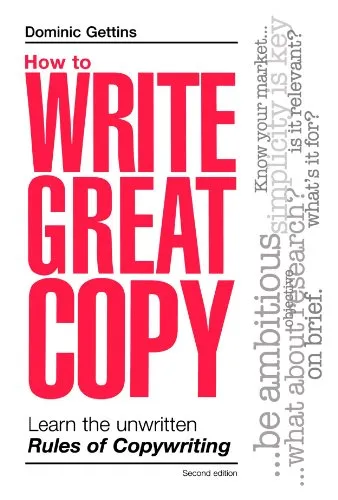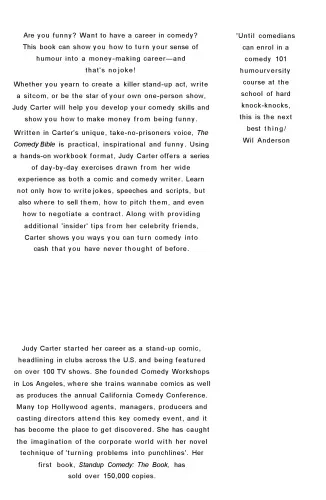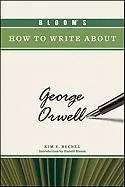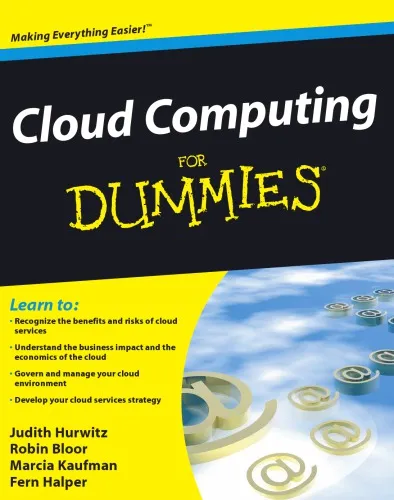From Research to Manuscript - A Guide to Scientific Writing Michael Jay Katz
4.5
Reviews from our users

You Can Ask your questions from this book's AI after Login
Each download or ask from book AI costs 2 points. To earn more free points, please visit the Points Guide Page and complete some valuable actions.Related Refrences:
Introduction
"From Research to Manuscript - A Guide to Scientific Writing" by Michael Jay Katz serves as a comprehensive guide for anyone embarking on the journey of scientific writing. Whether you are a novice researcher penning down your very first manuscript or an experienced academic aiming to sharpen your writing skills, this book provides a solid foundation and practical strategies to transform your research findings into a publishable manuscript. The art and science of scientific writing can often feel daunting, especially for those who feel overwhelmed by the intricacies of structuring their thoughts to appeal to scientific audiences. Through straightforward examples and actionable advice, Katz simplifies this process, making it more accessible and less intimidating. In essence, this book is more than just a writing guide—it’s a blueprint for effectively communicating scientific discoveries to readers worldwide.
The ability to write clearly and succinctly is essential in science, where ideas thrive on articulation and precision. Too often, groundbreaking research fails to gain recognition due to poorly structured manuscripts or ineffective writing. "From Research to Manuscript" directly addresses these issues and offers a clear, systematic approach to overcoming them. By emphasizing the importance of clarity, consistency, and engagement in writing, Katz empowers researchers at all levels to present their work with confidence, ensuring that it reaches the right audience and gains the credibility it deserves.
Detailed Summary of the Book
The book begins by guiding readers through the process of conceptualizing their research, transitioning smoothly into drafting technical papers that adhere to established academic conventions. Katz delves into critical elements such as structuring a manuscript, writing an effective abstract, and constructing compelling introductions and conclusions. A significant focus is placed on building logical flow and coherence throughout the text so that readers are naturally led through the presented data and ideas.
Additionally, the book addresses key issues surrounding peer reviews, plagiarism, and ethical considerations in scientific publishing. Katz provides real-world examples and scenarios where complex challenges often surface, equipping readers with the tools to tackle them effectively. By using real case studies, practical exercises, and simplified writing techniques, the book ensures that even individuals with minimal writing experience can absorb and implement its lessons.
What sets "From Research to Manuscript" apart, however, is its attention to detail. Every chapter builds on the previous one, creating a structured guide that walks researchers through the entire process, from a blank page to a finalized manuscript. Moreover, Katz recognizes the importance of catering to diverse scientific fields and adjusts his strategies to appeal to a wide range of disciplines, from biology and chemistry to psychology and engineering.
Key Takeaways
- The importance of clarity, brevity, and logical flow in scientific writing.
- How to craft effective abstracts, introductions, and conclusions.
- Practical methods for visualizing and presenting data in scientific papers.
- Strategies for tackling common challenges, such as peer reviews and revisions.
- Insights into handling ethical issues, from plagiarism to appropriate citations.
Famous Quotes from the Book
“Scientific writing is not about making things complex; it’s about making your research accessible and impactful.”
“Your data speaks for itself, but your words give it life and meaning.”
“A good manuscript doesn’t just present facts; it tells a story of discovery.”
Why This Book Matters
In the ever-evolving landscape of academic research, the ability to communicate effectively has never been more crucial. The scientific community relies on clear, concise, and reliable reporting to build upon existing knowledge and drive innovation forward. Katz’s book is especially critical in this regard because it transcends mere writing tips to address the broader question of how to craft meaningful scientific narratives. By providing a roadmap that bridges research and communication, this book ensures that researchers—not just seasoned veterans but also early-career scientists—can make their mark in the competitive world of scientific publishing.
Furthermore, "From Research to Manuscript" serves as a practical resource for educators and mentors guiding students or junior colleagues through the scientific writing process. Its step-by-step guidance, coupled with real-world examples and actionable insights, makes it an indispensable tool for anyone involved in academic writing. Whether you aim to write for high-impact journals, articulate your findings at conferences, or simply improve your writing style, this book provides the tools required to succeed.
In a field where precision and clarity reign supreme, Katz’s work is an essential contribution. Through its thoughtfully curated content and practical approach, "From Research to Manuscript" equips readers with the ability to not only write but to write well, ensuring that their contributions resonate with the scientific community.
Free Direct Download
You Can Download this book after Login
Accessing books through legal platforms and public libraries not only supports the rights of authors and publishers but also contributes to the sustainability of reading culture. Before downloading, please take a moment to consider these options.
Find this book on other platforms:
WorldCat helps you find books in libraries worldwide.
See ratings, reviews, and discussions on Goodreads.
Find and buy rare or used books on AbeBooks.
1400
بازدید4.5
امتیاز0
نظر98%
رضایتReviews:
4.5
Based on 0 users review
Questions & Answers
Ask questions about this book or help others by answering
No questions yet. Be the first to ask!
